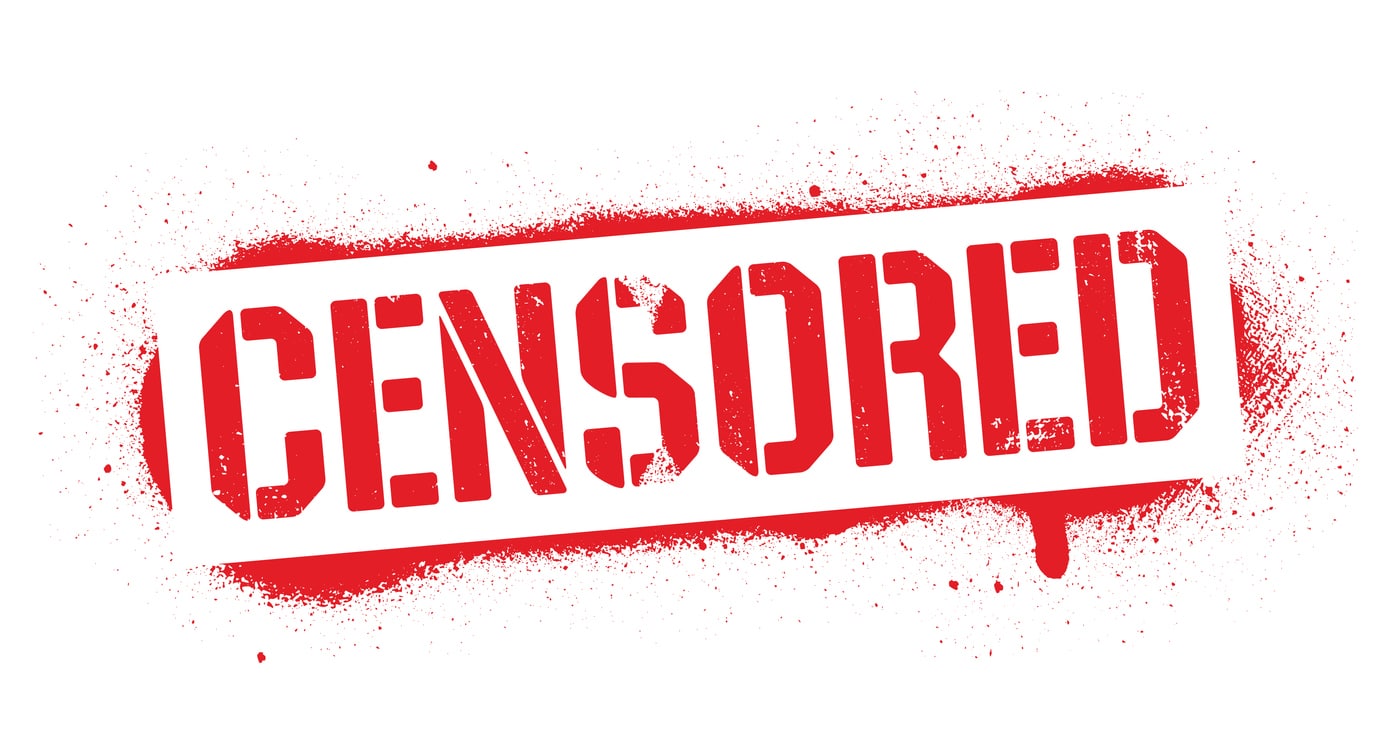The Foundation for Individual Rights and Expression has just released its list of “The 10 Worst Censors of 2024,” an important update of its long-running tally of the “10 Worst Colleges for Free Speech.”
FIRE, a free-speech organization with an initial focus on colleges, would typically list universities with particularly repressive administrations. But FIRE has broadened its mission to protect free speech beyond campuses and has expanded the list to match.
It’s an important shift. University administrators can play a significant role in limiting speech, but the real power lies with government. When a state passes censorious legislation, it affects an entire university system and not just a single campus.
“It’s past time for off-campus censors to get the dishonor they’re due,” said FIRE Director of Public Advocacy Aaron Terr in a statement. “Censors on and off college campuses have run roughshod over Americans’ rights for years, and we hope that by throwing shade at them, we can prompt other would-be censors to think twice.”
FIRE’s 2023 list of worst censors includes:
- California Community Colleges
- Florida state officials
- Hypocritical university admins
- The Marion County Police Dept.
- The Mayo Clinic College of Medical Science
- Muirlands Middle School
- New York state officials
- San Francisco State University
- The Texas A&M University system
Notable on the list of censors are the officials of two states.
Florida Gov. Ron DeSantis has called Florida “the freest state in these United States,” asserting that “while so many around the country have consigned the people’s rights to the graveyard, Florida has stood as freedom’s vanguard.”
FIRE offers a different perspective.
“In Florida, officials have performative censorship down to an art — whether on campus or on stage,” FIRE noted.
Stare legislators passed anti-drag legislation, the chancellor of the state’s universities called for abolition of chapters of Students for Justice, and the state’s 28 college presidents vowed to enforce the state’s clearly unconstitutional “Stop WOKE Act.”
FIRE had comparable criticism for New York state officials. “New York has a problematic pattern of censorship,” FIRE observed.
That pattern included threatening companies that did business with the National Rifle Association, trying to intimidate social media networks into censoring speech that the state found hateful, and New York Gov. Kathy Hochul’s demand that public and private colleges in the state crack down on comments that some may interpret as calling for genocide.
In addition to calling out abuse of power, the FIRE list offers a valuable reminder that efforts to limit speech can occur in a small Kansas town, in a middle school, in the halls of community colleges, and at a prestigious medical school, in addition to universities and legislatures from coast to coast.
Ken Paulson is the director of the Free Speech Center and an unpaid member of FIRE’s legal advisory board.

